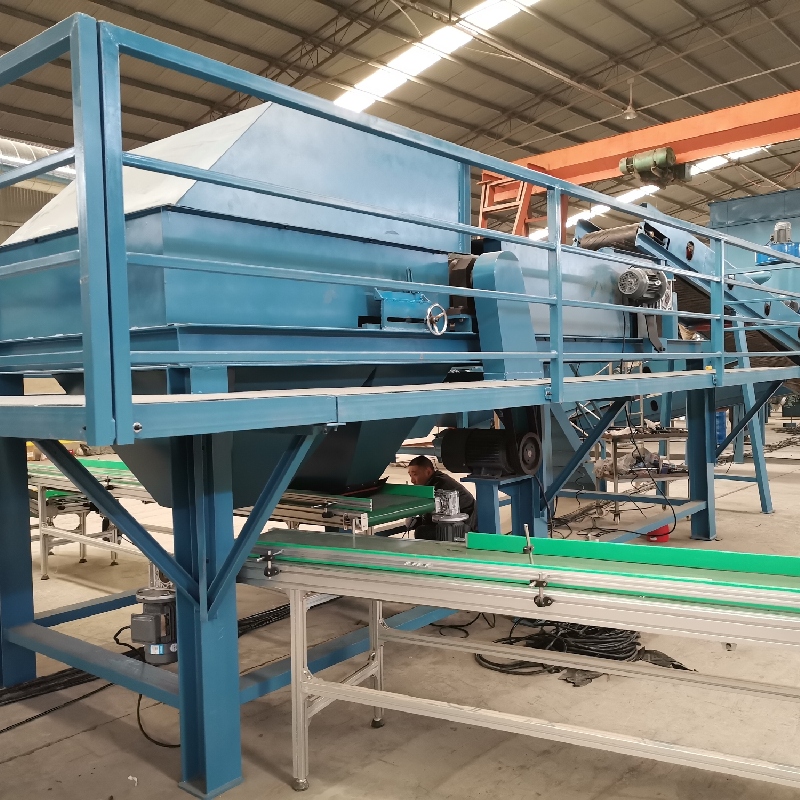

Aug . 17, 2024 06:37 Back to list
How to Recycle PCB Boards A Guide to Sustainable Electronics Management
Printed Circuit Boards (PCBs) are the backbone of most electronic devices, providing the electrical connections that allow components to communicate. However, with the rapid advancement of technology, obsolete electronics contribute significantly to electronic waste (e-waste), which poses a severe environmental challenge. Recycling PCB boards is a crucial step in managing this waste responsibly while recovering valuable materials.
Understanding PCB Composition
Before diving into the recycling process, it's essential to understand what PCBs are made of. A typical PCB consists of a substrate material, often fiberglass, layered with copper and other metals, and coated with solder. Additionally, they may contain hazardous materials like lead, cadmium, and brominated flame retardants. Electric and electronic equipment that uses PCBs includes computers, smartphones, appliances, and other gadgets.
Why Recycle PCBs?
Recycling PCBs is important for several reasons
1. Environmental Protection E-waste is a significant source of pollution, releasing harmful substances into the soil and water. Recycling helps mitigate this impact. 2. Resource Recovery PCBs contain valuable metals such as gold, silver, copper, and palladium. Recovering these materials through recycling reduces the need for mining, which is often environmentally destructive. 3. Regulatory Compliance Many countries have strict regulations regarding e-waste management. Proper PCB recycling helps companies stay compliant with these laws.
The PCB Recycling Process
Recycling PCB boards involves several steps
1. Collection The first step is collecting the discarded electronic devices. This can be done through dedicated e-waste recycling programs, drop-off centers, or take-back initiatives by manufacturers.
2. Sorting Once collected, the devices undergo sorting. This step involves categorizing items based on their type and complexity. Simpler PCs may be recycled without much effort, while multi-layered boards require more careful handling.

3. Dismantling The next phase is dismantling, wherein components like capacitors, resistors, and chips are removed from the boards. This process can be manual or automated depending on the facility.
4. Shredding The separated PCB boards are then shredded into smaller pieces. This aids in liberating the metals from the insulating materials.
5. Separation After shredding, a series of mechanical and chemical processes separate the metals, plastics, and other materials. Techniques like air classification, flotation, and magnetic separation may be employed.
6. Purification and Refining The extracted metals are purified and refined to increase their quality. This processed material can be sold back to manufacturers for use in new products.
7. Recycling the Remaining Materials The leftover non-metallic materials are also processed. Some are used in road construction or as filler materials, contributing to sustainable practices.
Responsible E-waste Disposal
If you're looking to recycle PCB boards, consider the following tips
- Use Certified Recyclers Ensure you choose recycling facilities that are certified and follow environmentally responsible practices. Look for e-Stewards or R2 certifications. - Don’t Try DIY Recyclings PCBs at home can be dangerous due to the presence of hazardous materials. Always rely on professionals. - Organize E-waste Drives If you're part of a community or organization, consider organizing an e-waste drive to collect old electronics for recycling.
Conclusion
Recycling PCB boards is not just an essential process for reducing e-waste but also an opportunity to recover precious resources while protecting the environment. By understanding the recycling process and making responsible choices, individuals and businesses can contribute significantly to sustainable electronics management, ultimately leading us toward a greener planet. Embrace recycling today and be part of the solution for tomorrow!
Latest news
Metal Shredder: Key Equipment For Resource Recycling And Sustainable Environmental Development
NewsMay.06,2025
Metal Recycling Plants' Processing and Classification of Recyclable Materials
NewsMay.06,2025
Eddy Current Separator: Improve The Process Efficiency Of Recycling, Mining, And Manufacturing Industries
NewsMay.06,2025
Comparative Analysis Of Air Separation And Vibration Technology In Cable Granulation
NewsMay.06,2025
Application of Cable Granulator in Cable Recycling and Its Environmental Significance
NewsMay.06,2025
Aluminum Shredder: A Powerful Tool For Resource Recycling And Environmental Protection
NewsMay.06,2025